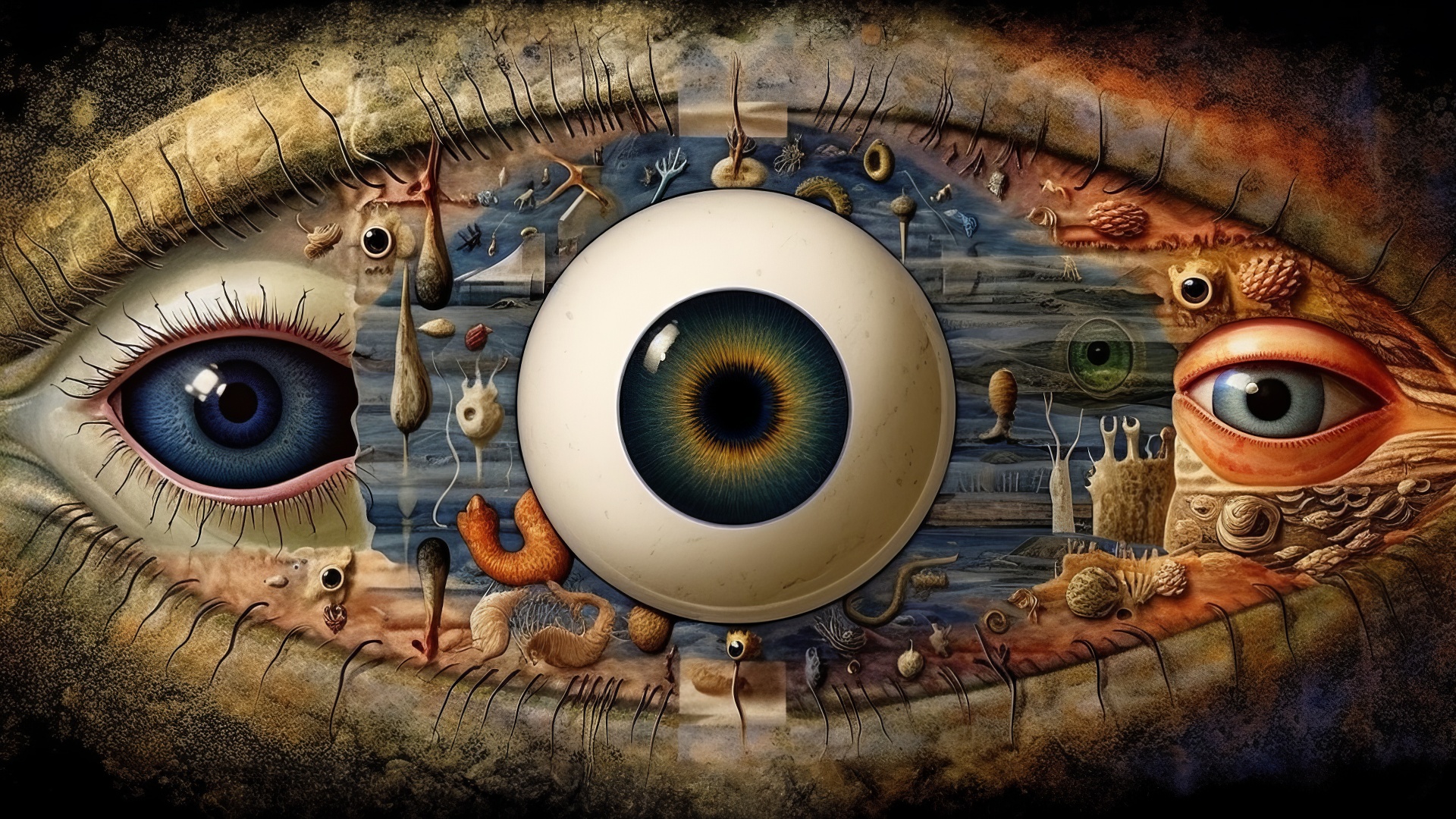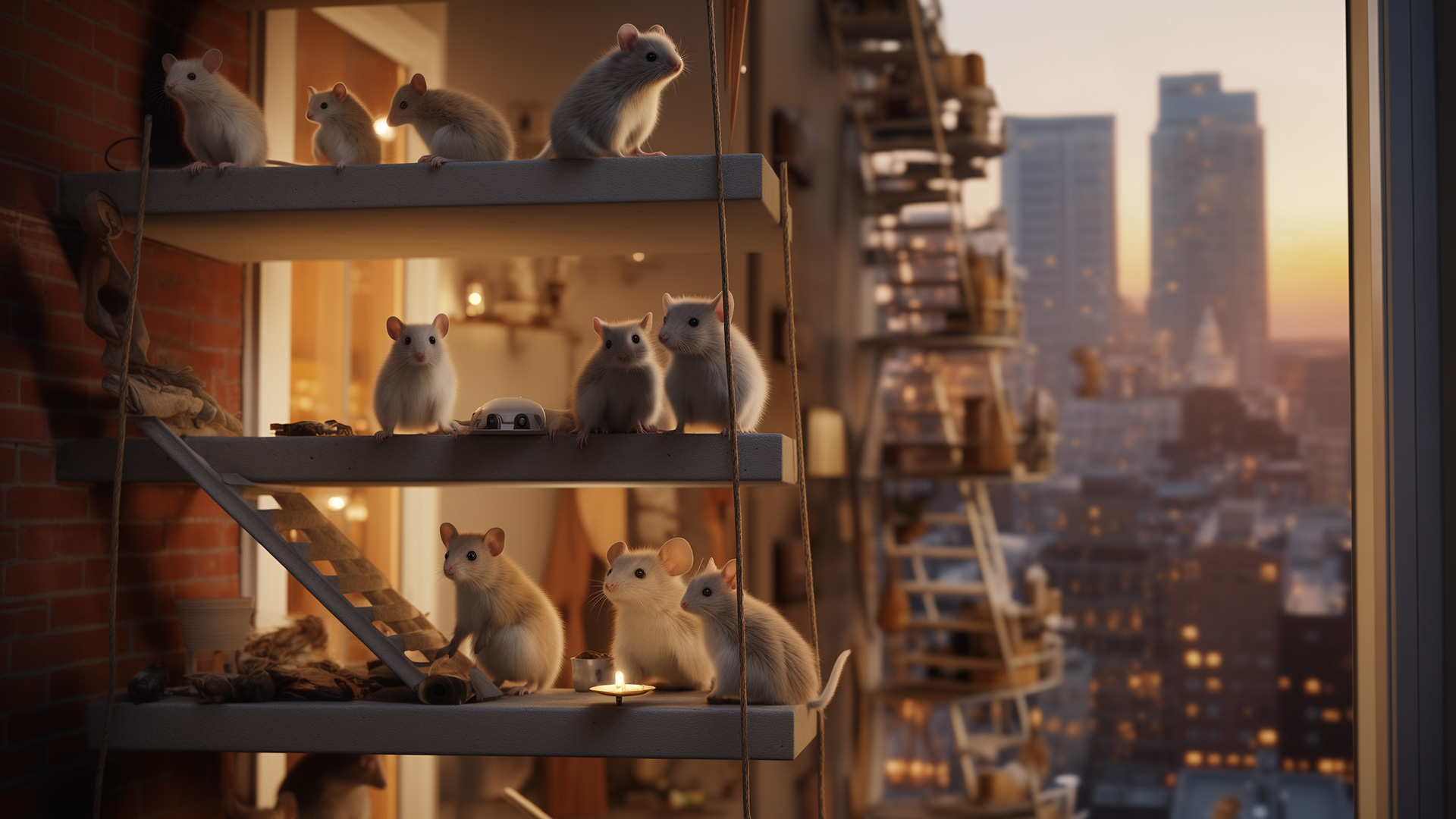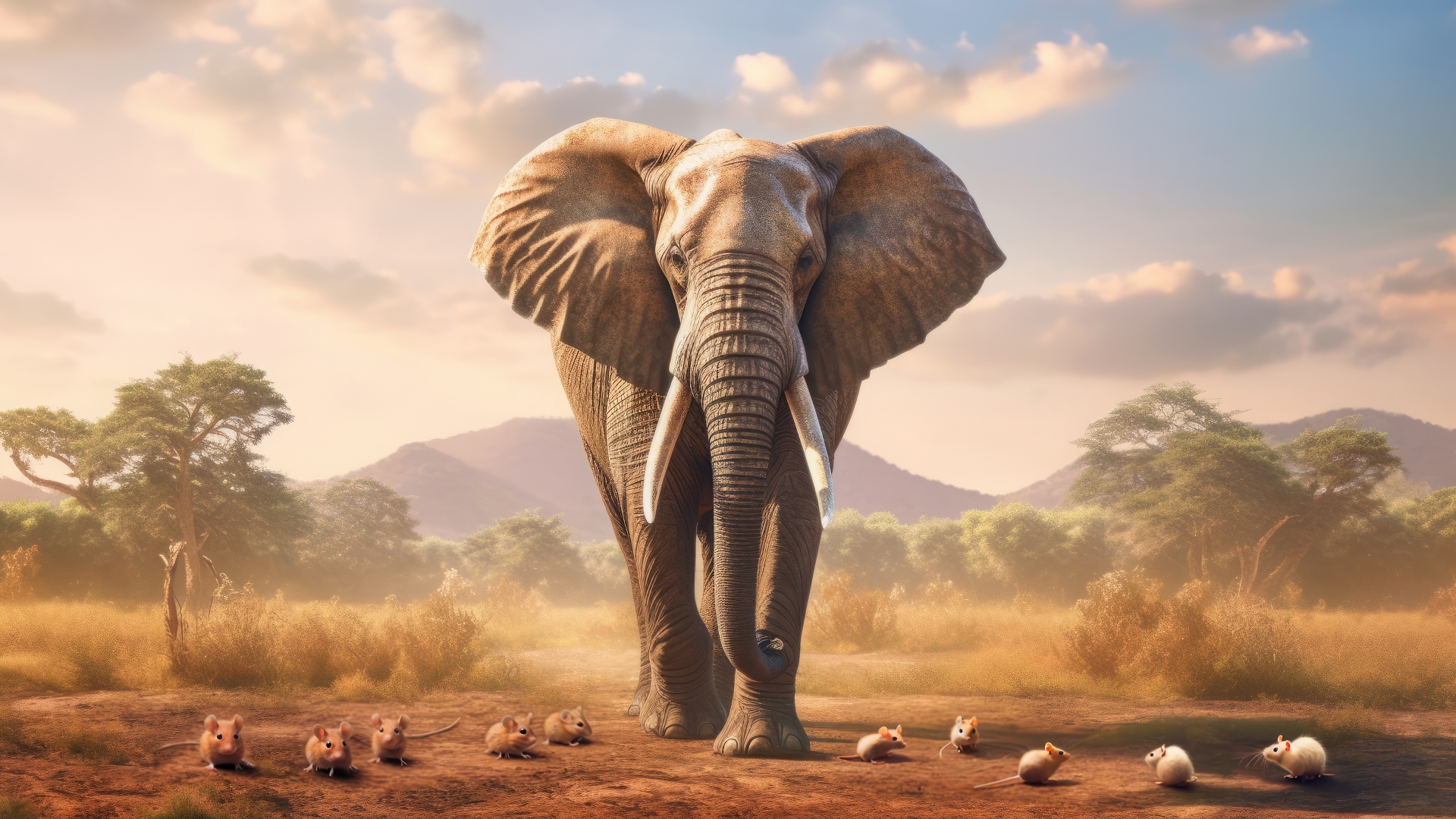Tag: Behavioral Ecology
-

Müllerian Mimicry
In Müllerian mimicry, various harmful or unpalatable species come to resemble each other, amplifying mutual protection against predators. This adaptation arises from evolutionary pressures and has substantial impact on ecosystems and species interactions.
-

Environment of Evolutionary Adaptedness
The Environment of Evolutionary Adaptedness (EEA) refers to the historical conditions under which human traits evolved, typically related to the Pleistocene era. It provides a framework for understanding human behavior, cognition, and health from an evolutionary perspective.
-

The Extended Phenotype by Richard Dawkins
“The Extended Phenotype” by Richard Dawkins expands the concept of phenotype to include a gene’s effects on its environment. The book explores gene-centric evolution, the relationship between genotype and phenotype, and the complexities of natural selection.


